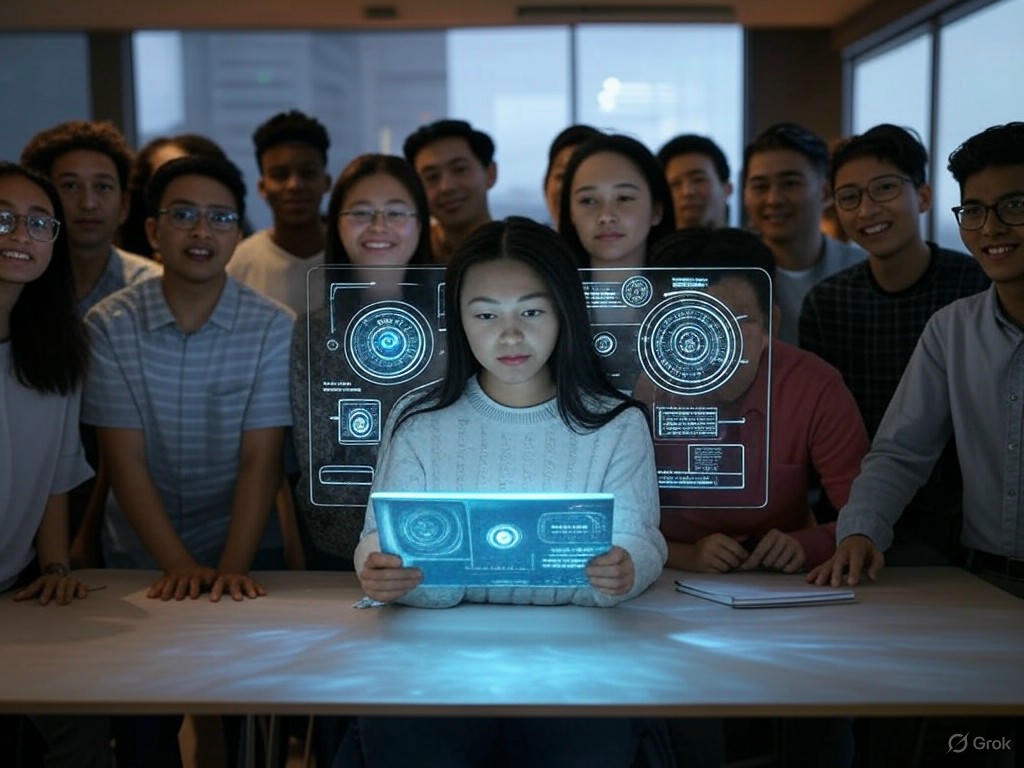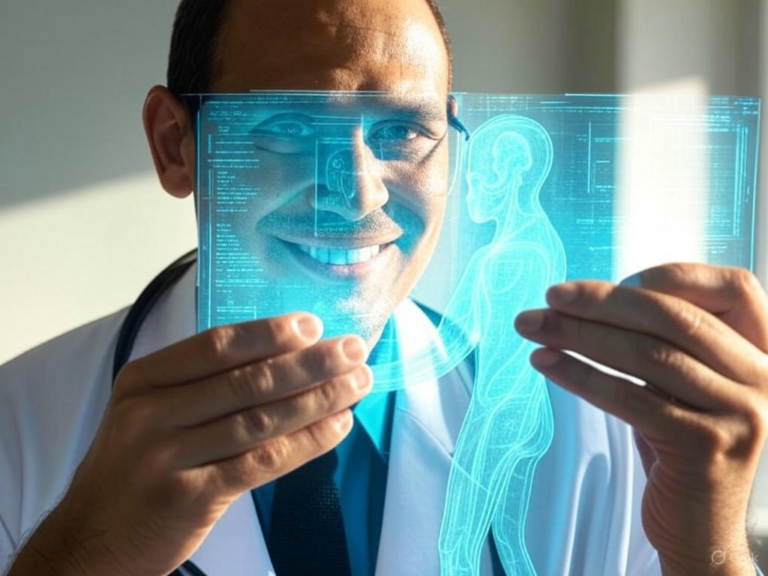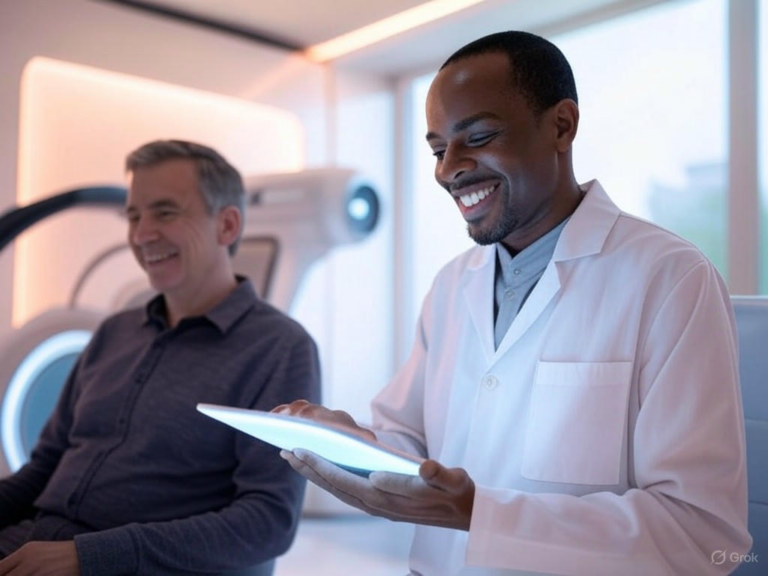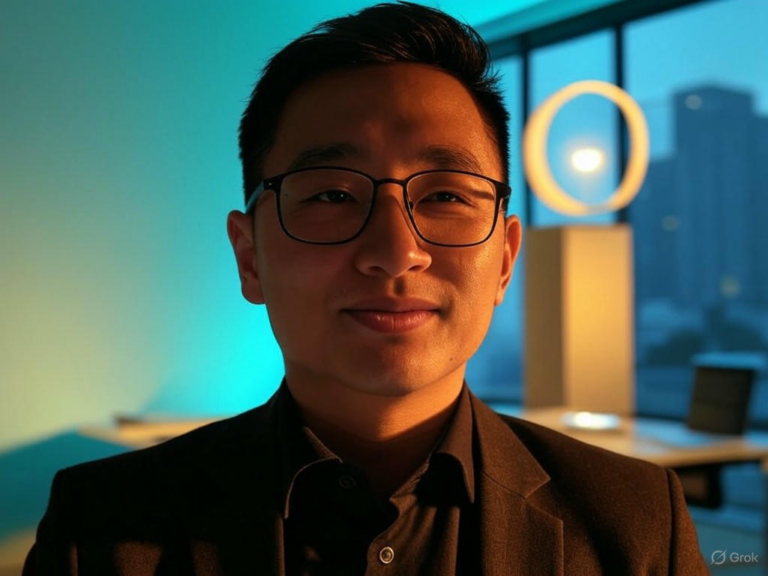
ChatGPT Edu in Medicine: Mount Sinai Boosts AI Innovation
The Pioneering Role of ChatGPT Edu in Medicine at Mount Sinai
Imagine stepping into a medical classroom where AI isn’t just a buzzword but a daily tool shaping how future doctors learn and think. That’s the reality at the Icahn School of Medicine at Mount Sinai, which made history in early May 2025 as the first U.S. medical school to integrate ChatGPT Edu in Medicine fully into its curriculum. This bold step gives students, faculty, and staff secure access to OpenAI’s advanced AI platform, preparing them for a healthcare world increasingly driven by technology.
Have you ever wondered how AI could make complex medical concepts more accessible? Mount Sinai is answering that question head-on by embedding ChatGPT Edu in Medicine into everyday learning. This initiative isn’t just about adopting new tech; it’s about fostering a generation of healthcare professionals who can navigate AI’s potential while upholding ethical practices and patient privacy.
By providing this tool, Mount Sinai is setting a new standard, ensuring students gain hands-on experience with AI that enhances clinical reasoning and decision-making. It’s a forward-thinking move that highlights how ChatGPT Edu in Medicine can bridge the gap between theoretical knowledge and real-world application.
Transforming Learning with ChatGPT Edu in Medicine
ChatGPT Edu in Medicine is reshaping medical education by turning abstract ideas into interactive experiences. Students at Mount Sinai are now using this AI platform to dive deeper into clinical scenarios, from analyzing intricate medical literature to practicing patient interactions in simulated settings.
Take fourth-year student Ferris Gulam, for instance—he’s already using ChatGPT Edu in Medicine to prep for surgeries and simplify explanations of diagnoses for patients. “It’s like having a smart assistant that helps me build a solid foundation for conversations,” Gulam shared, showing how this tool streamlines communication without replacing human insight.
What if you could brainstorm treatment plans or interpret data faster? That’s exactly what students are doing. The platform supports key activities like coding analysis, exploring treatment options, and even role-playing exams, making learning more dynamic and efficient. By weaving ChatGPT Edu in Medicine into the curriculum, Mount Sinai is helping students build confidence in AI-driven healthcare innovations.
Prioritizing Security in ChatGPT Edu in Medicine
In the sensitive world of medicine, security can’t be an afterthought, and Mount Sinai knows that well. Their integration of ChatGPT Edu in Medicine includes rigorous safeguards to protect personal health information and student data, all while delivering powerful AI capabilities.
Dr. David C. Thomas, Dean for Medical Education, puts it simply: “We’re not just jumping on the AI bandwagon; we’re doing it responsibly.” This means features like full HIPAA compliance, data encryption, and strict access controls are built in from the start. It’s a reminder that advancing ChatGPT Edu in Medicine requires balancing innovation with trust.
Ever thought about how AI could introduce biases? Mount Sinai addresses this through mandatory training on ethical AI use, covering privacy laws and bias avoidance. These programs ensure that students learn to wield tools like ChatGPT Edu in Medicine wisely, keeping patient care at the forefront.
Training for Ethical Use in ChatGPT Edu in Medicine
Mount Sinai goes beyond access by offering comprehensive training that emphasizes the responsible side of AI. This includes workshops on data privacy and how to apply ChatGPT Edu in Medicine without compromising academic integrity.
As Dr. Thomas noted, “We’re preparing students for 21st-century medicine.” By focusing on these aspects, the school is turning potential risks into opportunities for growth. It’s a practical approach that could inspire other institutions to adopt similar strategies with ChatGPT Edu in Medicine.
Here’s a quick tip: When using AI in your studies, always double-check outputs for accuracy and context—it can make all the difference in building reliable skills.
OpenAI’s Push for ChatGPT Edu in Medicine
OpenAI is teaming up with places like Mount Sinai to tailor ChatGPT Edu in Medicine for healthcare needs, ensuring it’s HIPAA-compliant and secure. This collaboration underscores a broader effort to make AI a safe ally in medical education.
Leah Bellski from OpenAI explains, “It’s about empowering students to harness AI’s strengths responsibly.” Through these partnerships, tools like ChatGPT Edu in Medicine are evolving to meet the unique demands of healthcare, from research to patient simulations.
This trend is growing, with more institutions eyeing similar integrations. If you’re in education, consider how ChatGPT Edu in Medicine might enhance your programs while maintaining high ethical standards.
Mount Sinai’s Overall AI Strategy and ChatGPT Edu in Medicine
Mount Sinai’s embrace of ChatGPT Edu in Medicine fits into a larger vision for AI across healthcare and research. The school has dedicated centers focusing on areas like children’s health and drug development, all amplified by AI tools.
This creates a rich environment where students access diverse clinical data, turning routine studies into innovative explorations. By positioning ChatGPT Edu in Medicine as a support tool, not a decision-maker, Mount Sinai ensures AI enhances, rather than overrides, human judgment.
Building a Data-Driven World with ChatGPT Edu in Medicine
With its vast resources as a New York City health system, Mount Sinai offers students unparalleled opportunities. Pairing this with ChatGPT Edu in Medicine means learners can analyze real-world data, gaining insights that go beyond textbooks.
Think about it: What if AI could help you spot patterns in patient data faster? That’s the edge students get here, all while learning to prioritize ethics and empathy in their work.
The Evolving Landscape of ChatGPT Edu in Medicine
As the first to fully implement it, Mount Sinai is paving the way for ChatGPT Edu in Medicine to become a staple in medical training. This shift is about more than tech—it’s about preparing doctors for a future where AI and medicine go hand in hand.
Schools everywhere might soon follow, adopting curricula that include AI fluency. For students, this means graduating with skills that make them versatile and ready for change.
Keeping the Human Element in ChatGPT Edu in Medicine
Even with all this tech, Mount Sinai stresses that AI should complement, not replace, the human touch in healthcare. Students are encouraged to use ChatGPT Edu in Medicine to sharpen their skills while honing empathy and communication.
It’s a balanced model that reminds us: Technology is powerful, but the core of medicine is still about connecting with people. How might this approach change your view on AI in daily life?
Broader Impacts of ChatGPT Edu in Medicine
This innovation at Mount Sinai could ripple through the entire healthcare industry, training doctors who are AI-savvy and ethical. Graduates might lead the charge in safer, more efficient care across hospitals and clinics.
By showcasing responsible AI use, Mount Sinai is tackling common concerns and setting new benchmarks. It’s an example that could influence policies and standards nationwide.
Shaping Future Standards with ChatGPT Edu in Medicine
Expect accreditation bodies to take note, potentially making AI literacy a must-have for medical programs. This could accelerate how ChatGPT Edu in Medicine transforms education everywhere, fostering a more innovative field.
One actionable step: If you’re a educator or student, start exploring AI tools like this in small ways to build familiarity and confidence.
Wrapping Up ChatGPT Edu in Medicine’s Role at Mount Sinai
At its core, Mount Sinai’s adoption of ChatGPT Edu in Medicine marks a turning point in how we train tomorrow’s healthcare leaders. It’s about blending cutting-edge tech with a commitment to ethics and patient-centered care.
As this program evolves, it will offer lessons on integrating AI thoughtfully. What are your thoughts on AI’s place in medicine—could tools like ChatGPT Edu in Medicine change how you approach learning or work?
We’d love to hear your experiences or ideas in the comments below. Share this article with colleagues, and explore more on AI in healthcare through our related posts. Let’s keep the conversation going!
Sources
- Mount Sinai Embraces AI Education Platform, IBL News
- Icahn School of Medicine at Mount Sinai Expands AI Innovation, Mount Sinai Newsroom
- Video on AI in Education, YouTube
- Mount Sinai Expands AI Innovation, Quantum Zeitgeist
- How to Write an Article with ChatGPT, Warrior Forum
- AI in Healthcare Discussion, YouTube
- OpenAI Innovations Video, YouTube
- Icahn School of Medicine at Mount Sinai Official Site
ChatGPT Edu in Medicine, Mount Sinai AI, AI in healthcare, Icahn School of Medicine, medical AI innovation, OpenAI in education, ethical AI use, patient privacy in AI, AI medical education, healthcare innovation with AI







